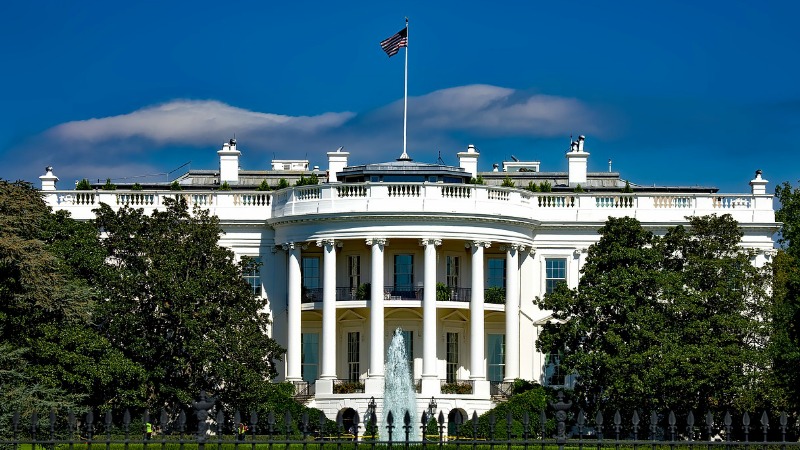As I’ve pointed out elsewhere, Jimmy Carter is still the first face that pops in my head when I hear the words “President of the United States.” I can still remember the pride and joy in my kindergarten heart when one of us, a Southern Baptist from the Deep South, was elected President. I think he’s a genuinely honest and humble public servant, although I disagree with him significantly on some crucial issues.
It is hard not to be disappointed then in the way President Carter framed the issues in response to questions from the German magazine, Der Spiegel. When asked to describe the relationship between conservative Christianity and public policy, President Carter said this:
“The fundamentalists believe they have a unique relationship with God, and that they and their ideas are God’s ideas and God’s premises on the particular issue. Therefore, by definition since they are speaking for God anyone who disagrees with them is inherently wrong. And the next step is: Those who disagree with them are inherently inferior, and in extreme cases — as is the case with some fundamentalists around the world — it makes your opponents sub-humans, so that their lives are not significant. Another thing is that a fundamentalist can’t bring himself or herself to negotiate with people who disagree with them because the negotiating process itself is an indication of implied equality. And so this administration, for instance, has a policy of just refusing to talk to someone who is in strong disagreement with them — which is also a radical departure from past history. So these are the kinds of things that cause me concern. And, of course, fundamentalists don’t believe they can make mistakes, so when we permit the torture of prisoners in Guantanamo or Abu Ghraib, it’s just impossible for a fundamentalist to admit that a mistake was made.”
Is this really fair? Whatever one’s position on the idea of preemptive war or the Middle East, is it really accurate to say that all Christian “fundamentalists” hold to such views in this way?
There are an awful lot of people who could be described by President Carter as “fundamentalists” and yet don’t advocate torture as an instrument of U.S. foreign policy. And there are even more who would admit that the Bible doesn’t give us a detailed blueprint for foreign policy so we seek to follow ethical guidelines, a moral sense, and political prudence in making some very difficult decisions.
Sure, such statements will receive nodding heads of approval from secular reporters, especially European ones who seem to believe that conservative American Christians genuflect in front of pictures of George W. Bush each Sunday, or that Condoleeza Rice consults a dog-eared copy of The Late Great Planet Earth before her negotiations with Lebanon.
But Jimmy Carter knows better.
Jimmy Carter was raised by Southern Baptists who probably would meet his current definition of “fundamentalism.” I am sure President Carter’s pastors held to biblical authority and a supernatural faith. I’m sure they held to a degree of certainty when it comes to the truth of the faith once for all delivered to the saints. Whatever the merits of President Carter’s assessments of Bush Administration policies, I wonder whether his blanket assessment of them, and us, really communicates what he wishes to say.






